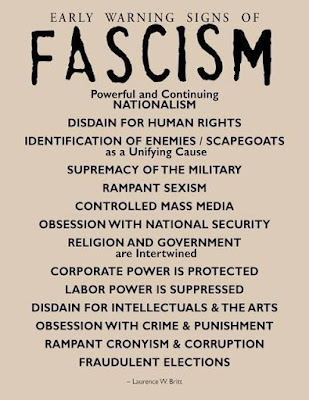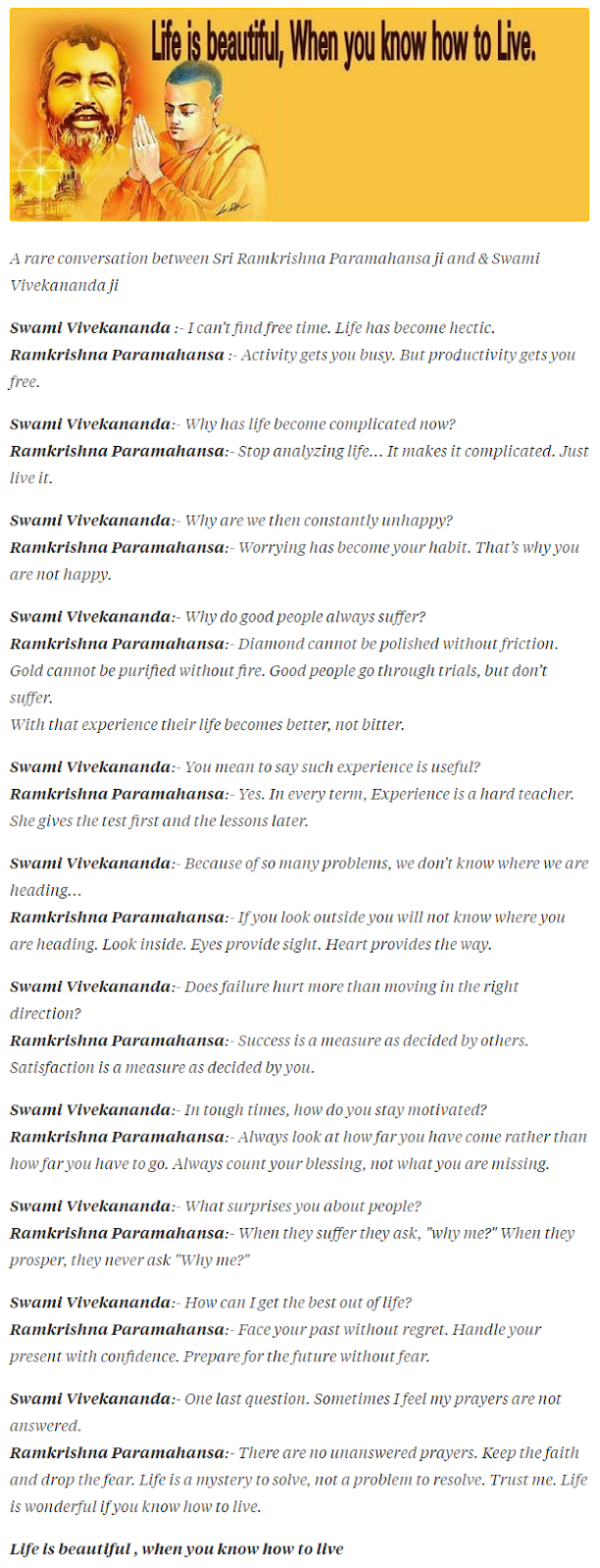Sir, I rise to oppose the Motion and to speak in support of the amendments made by our party. First of all, let me begin by humbly accepting the resounding mandate that this government has got. But, it is the very nature of the overwhelmingness of this mandate, of the totality of this mandate, that makes it necessary for us to be heard today, the voice of dissent to be heard today. Had the mandate been any less, there would have been a natural checks and balances woven into the narrative. That is not the case. The House belongs to the Opposition. So, I stand today to reclaim this inch that has been guaranteed to us.
Let me start by quoting Maulana Azad, whose statue stands tall outside this great hall. He once said of this country that he was fighting to build. He said, “It is India’s historic destiny that many human races and cultures should flow to her, finding a home in a respectable soil, and that many a caravan should find rest here. There are cultures, our languages, our poetry, our literature, our art, the innumerable happenings of our daily life shall bear the stands of our joined endeavour.
This is the ideal that was carved into our Constitution. This is the very Constitution each of us has sworn to protect. But, this Constitution is under threat today. Of course, you may disagree with me. You may say, acche din are here and the sun will never set on this Indian empire that this Government is seeking to build. But, then you are missing the signs. If you only would open your eyes, you would see that there are signs everywhere that this country is torn apart.
In the few minutes that have been allotted to me, let me list out these dangerous signs. The first sign – there is a powerful and continuing nationalism that is being sphered into our national fabric. It is superficial, it is xenophobic, it is narrow. It has a lust to divide. It is not a desire to unite. Citizens are being thrown out of their homes and are being called illegal immigrants. People who have lived in this country for 50 years have to show a piece of paper to prove they are Indians. In a country where ministers cannot produce degrees to show that they graduated from college, you expect disposed poor people to show papers as proof that they belong to this country?
Slogans and symbols are being used to test religion. There is no one slogan, no one symbol that ensure any Indian that they are patriot. There is no one test, Sir. No one test.
Sir, the second sign – there is resounding disdain for human rights that is permeating in every level of governance. There has been a ten-fold increase in the number of hate crimes between 2014 and 2019. This is like the valuation of an e-commerce start-up, Sir. There are forces in this country that are sitting there just pushing this number up. The lynching of citizens in broad daylight is being condoned. From Pehlu Khan in Rajasthan last year to Mr Ansari in Jharkhand yesterday, the list is not stopping.
The third sign – there is an unimaginable subjugation and control of mass media today. Five of the largest news media organizations in India are today either indirectly controlled or indirectly debted to one man in this country. TV channels spent a majority of airtime broadcasting propaganda for the ruling party. Coverage of every Opposition party is cut out. Let the government come out with facts and figures to show ad-spend per media house. What are they spending the money on and which media houses are they blocking out? The Information and Broadcasting Ministry employs over 120 people solely to check the content on TV channels every day to make sure that there is no anti-government news being put out.
Fake news is the norm. This election was not fought on the plank of farmer distress. This election was not fought on unemployment. This election was fought on Whatsapp, on fake news, on manipulating minds. Every piece of news that this government, I repeat, every piece of news that this government have put out, every lie that you put out, you repeat and repeat and then it becomes the truth. This is the Goebbels doctrine.
You talk about naamdar and kaamdar? Let me tell you the Congress party might have put up 36 dynasts since 1999 in parliament but the BJP put up 31. Every time you put out one figure anything that is not the truth, you are destroying the fabric of India. Yesterday the floor leader of the Congress party said that the co-operative movement has been a failure in Bengal and I urge him to check his facts. The one co-operative that he is referring to – Bhagirathi – in Murshidabad is now in profit. Every little misinformation that we put out serves to destroy this country.
The fourth sign is that there is an obsession with national security – identification of enemies. When we were children our mother used to tell us to do this and do that or kala bhoot will come. It is as though all of us in this country today are in fear of some nameless, shameless kala bhoot. There is fear pervading everywhere. The achievements of the army are being usurped in the name of one man. Is this correct? New enemies are being created every day and the irony is that over the last five years terrorist attacks have gone up manifold. There has been a 106 per cent increase in the death of jawans in Kashmir.
The fifth sign is that the government and religion are now intertwined in this country. Do I even need to speak about this? Need I remind you that we have redefined what it means to be a citizen? With the NRC and the Citizenship Amendment Bill we are making sure that there is only one community that is the target of anti-immigration laws. Members of Parliament these days are more interested in the fate of 2.77 acres of land than in the 812 million acres of the rest of India.
Yeh sirf 2.77 acre janmabhhoomi ka mudda nahi hain. Yeh sara desh, 80 crore acres, ko akhand rakhne ka prashna hai.
The sixth sign is the most dangerous. There is complete disdain for intellectuals and the arts. There is a repression of all dissent, funding is being cut for liberal education, scientific temperament which is enshrined in Article 51 of the Constitution. There is Article 51 of the Constitution, which demands a scientific temperament. Everything we are doing is pushing India back to the dark ages. Secondary school textbooks are being manipulated and distorted in order to indoctrinate.You don’t even tolerate questioning, let alone dissent.
I wish to quote the great Hindi poet, Ramdhari Singh Dinkar. I wish to tell you this, that the spirit of dissent is integral to India. You cannot shatter us.
“Haan haan duryodhan baandh mujhe,
baandhne mujhe toh aaya hai.
Zanjeer bari kya laya hai?
Yadi mujhe baandhna chahe man,
pehle toh baandh anant gagan.
Sune ko sadhna sakta hai,
woh mujhe kab baandh sakta hai?”
I ask you this, you cannot keep us down.
Number seven, the last sign; there is an erosion of independence in our electoral system. The Election Commission was used to transfer key officials. Rs 60,000 crore was spent in this election; 50 percent by one party, Rs 27,000 crore.
In 2017, the United States Holocaust Memorial Museum put up a poster in its main lobby and it contained a list of all the signs of early fascism. Each of the seven signs I have pointed to you featured in that poster. There is a danger of fascism rising in India. It is incumbent upon all of us to stand up to it. Let us, the Members of this 17th Lok Sabha decide which side of history do we want to be on. Do we want to be upholders of this Constitution or do we want to be its poll bearers?
I do not dispute the resounding mandate that this Government has got but I have the right to disagree with your idea that ‘there was no one before and that there should be no one after you.’
In conclusion, I quote the poet Rahat Indori:
"Jo aaj saahibe masnad hain kal nahin honge
Kiraaydaar hain jaati makaan thodi hai,
Sabhi ka khoon shaamil yahan ki mitti me
Kisi ke baap ka hindustan thodi hai?"
Trinamool Congress MP Ms. Mahua Moitra's
maiden speech on rising fascism wins cheers
In a Parliament tarnished by heckling, sexist jibes, and blatant misogyny displayed by the old boys’ club, Mahua Moitra just blew their cockiness to smithereens. And the best part is, she did it with so much grace, dignity, and fierceness, that the men, mostly her political rivals, were evidently flummoxed. -- Author and journalist Chandrima Pal








